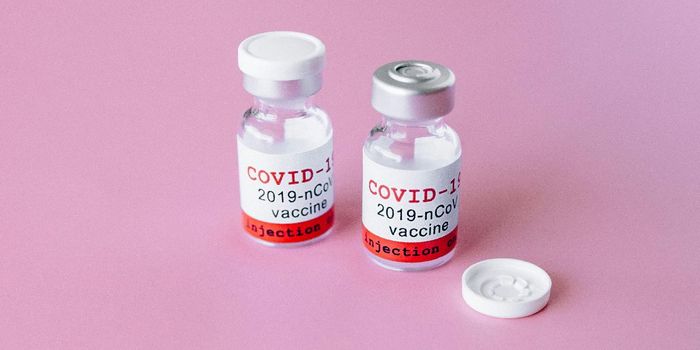New Test Predicts Lupus Onset
Based on several different factors, scientists have a new risk index for predicting who will develop lupus. From the Feinstein Institute for Medical Research, the new diagnostic test could help scientists identify candidates for early intervention, improving their prognosis.
Systematic lupus erythematosus (SLE, lupus) is a chronic autoimmune disease that can affect the skin, joints, and body organs when immune cells turn against the body’s own cells and tissues. People usually develop lupus between the ages of 15 and 44.
“Understanding risk and why it differs between populations may enable prevention studies,” explained corresponding author Betty Diamond. “Here we analyzed serum from unique populations with varying degrees of risk in order to identify serologic factors that might correlate with risk of or protection against SLE."
Researchers analyzed the levels of immunoglobulin (Ig) G and IgM antibodies and the protein complex C1q in blood serum. IgM antibodies are associated with protection against the initial development of lupus, IgG is associated with preceding the onset of lupus, and C1q is associated with protection from lupus by promoting immune tolerance, preventing autoimmunity. About 90 percent of people with an inherited C1q deficiency also have lupus or end up developing it at some point in their lives.
They compared these three lupus biomarkers in blood serum from five different groups of women with different lupus risk factors. As anticipated, the levels of IgG, IgM, and C1q varied between the five groups. The results confirmed an initial hypothesis that high levels of IgG, low levels of IgM, and low levels of C1q increase the risk for lupus.
“The risk index we developed was highest in SLE patients; second highest in unaffected sisters of SLE patients; third highest in healthy African-American women and lowest in healthy Caucasian women and malaria-exposed West African women,” Diamond explained.
Interestingly, exposure to malaria is thought to increase levels of IgM and C1q, provided protection against the development of lupus even for people who are genetically prone to the disease.
The present study was published in the journal Molecular Medicine.
Sources: Lupus Foundation of America, Biomed Central









